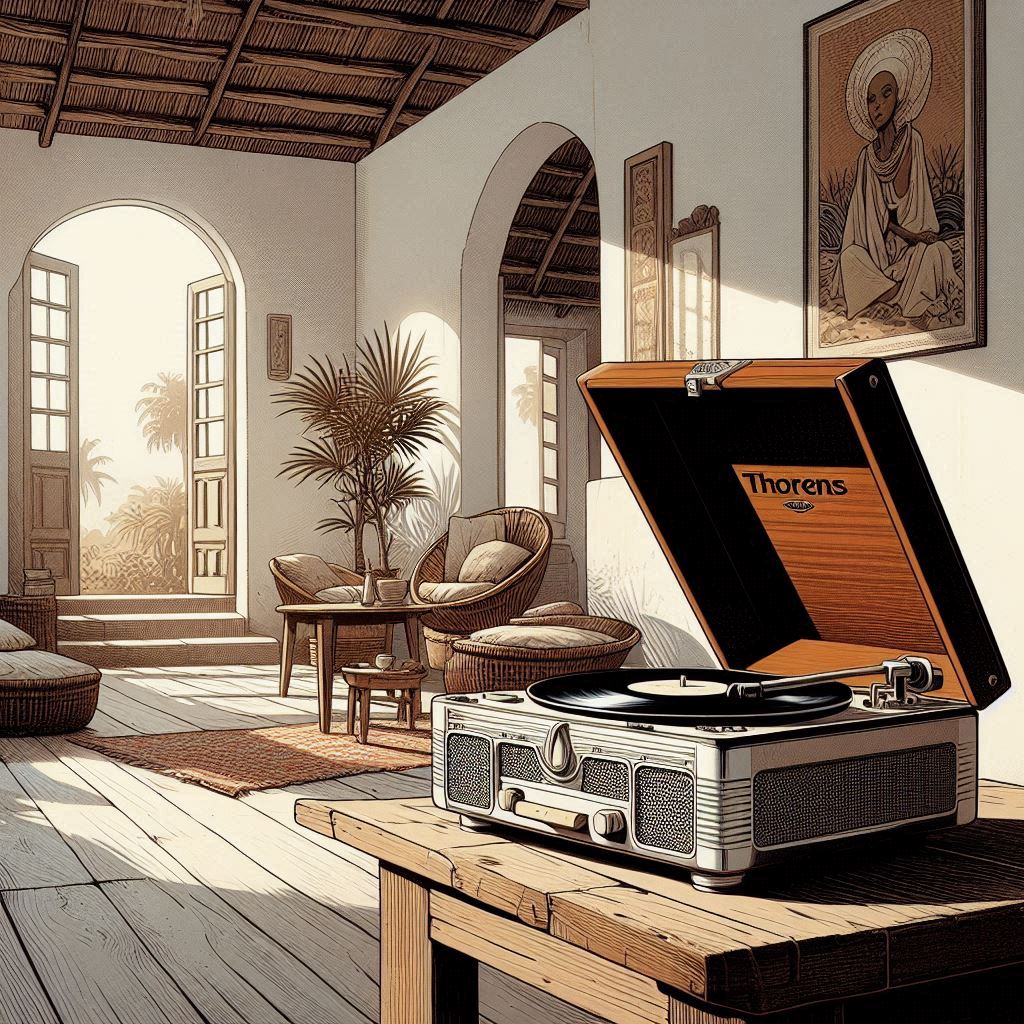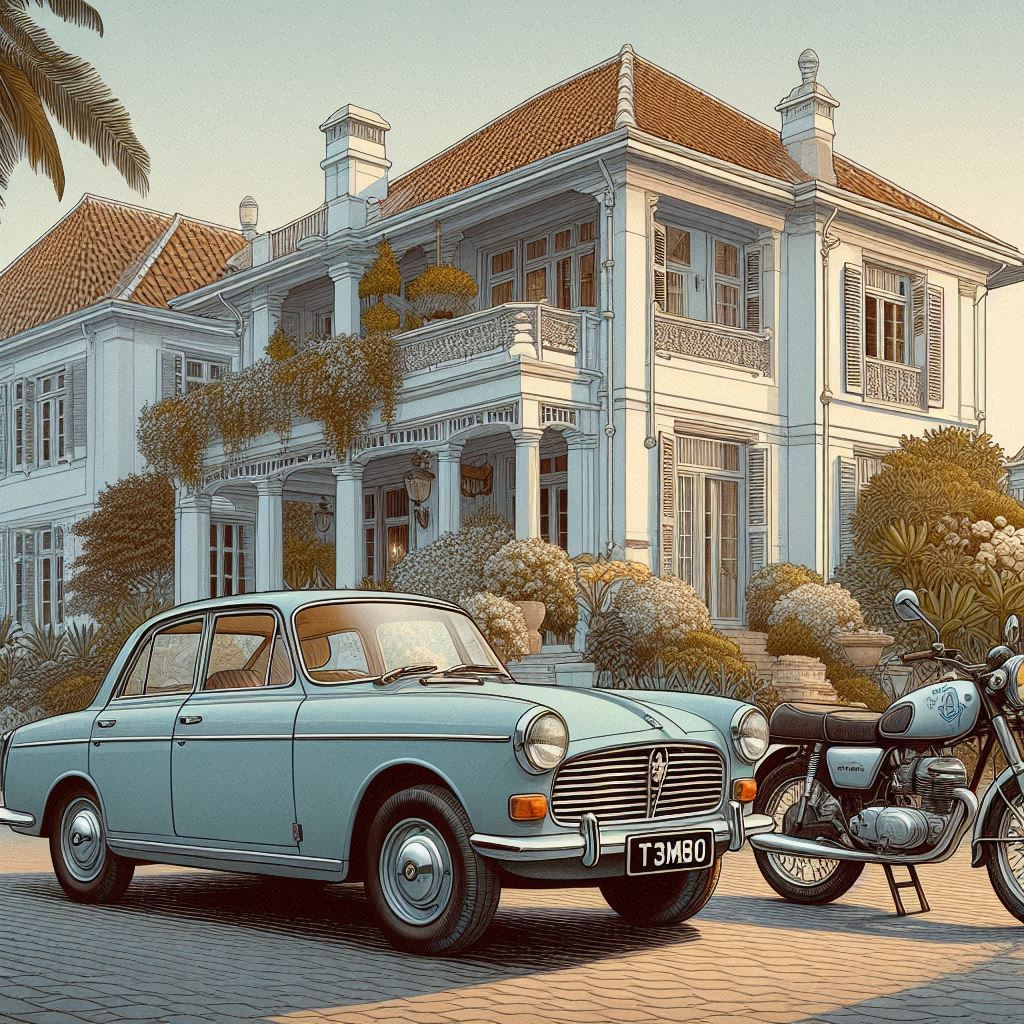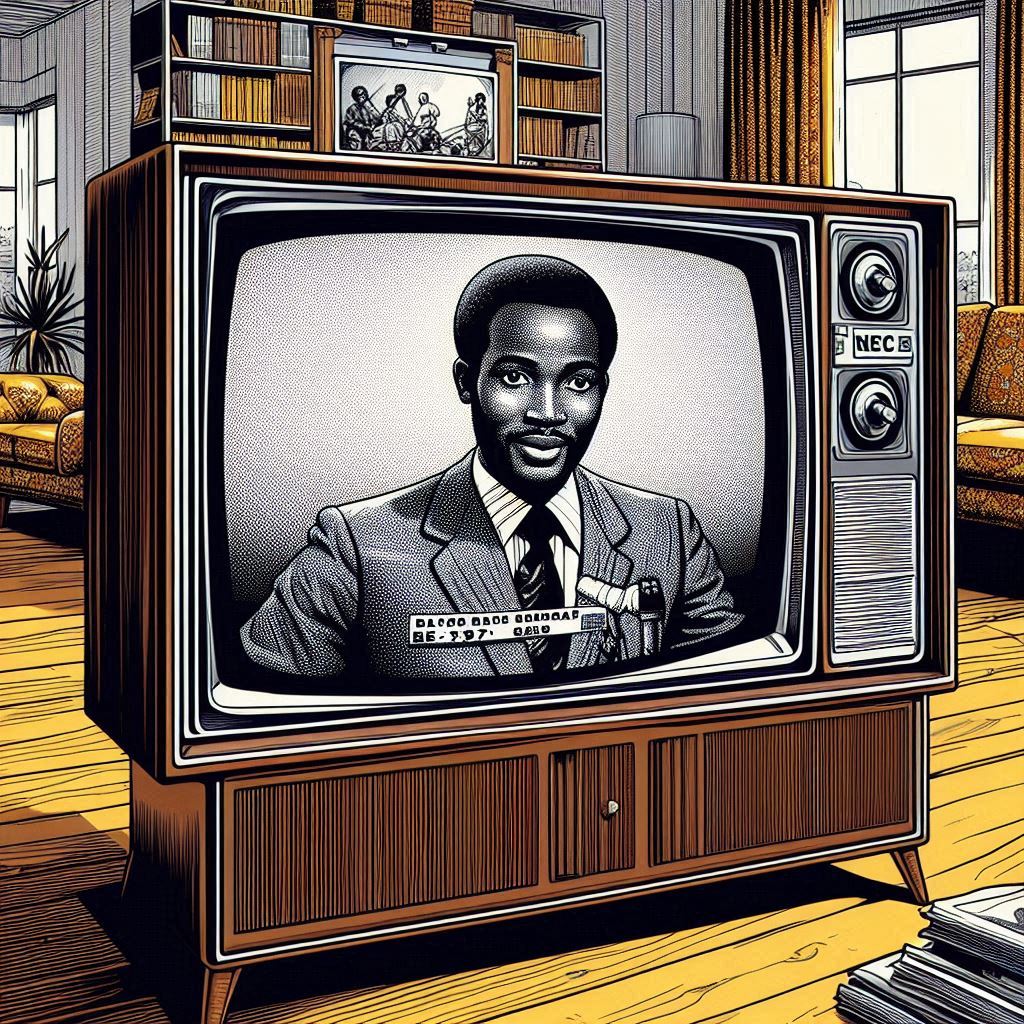Gorilla Republic: Deutschland: Part 28
29 April 2025

Mapacha was finally home.
The sight of his house by the beach filled him with a quiet satisfaction. The moment he opened the taxi door, Neve’s insistent barking rang out. She bounded across the sand, straight for him, and promptly tackled him with her familiar exuberance. As he knelt to pet her, her tail wagged so frantically it took a few moments to calm her down.
With his backpack slung over one shoulder and his suitcase in hand, they strolled up the short path to the house. At the door, he noticed her food bowl was empty, though her water was half full. Inside, he dropped the luggage and made his way to the refrigerator, where he found some leftovers. He poured them into her bowl. Neve hesitated, torn between her need for bonding with her master and the temptation of food. Hunger won.
He returned to the suitcase, opened it, and smiled. The record player and speakers had survived the journey. Carefully, he unpacked them and placed them on the old corner stool he had bought when he first moved in, always intending to build an audio setup. Slowly, methodically, he wired everything together, checked the connections, and then plugged it in. The speakers let out a soft hum.
He selected a record, dropped it onto the plate, and laid the needle. A blast of Bavarian folklore erupted into the room, loud and jarring. He yanked the needle off and slid the record back into its sleeve. With more care, he flicked through his collection until he found one with a beautiful woman adorned with a flower on the cover. He placed it on the player, dropped the needle, and Billie Holiday's smoky voice flowed from the speakers.
It seduced him instantly.
Mapacha sank into a lounge chair, letting the music pour through the house. The breeze, the soft thrum of the waves outside, and the dusty warmth of home wrapped around him like a blanket.
He was at peace.
**

The next day arrived quietly.
It was the weekend, and the house was still. Mapacha stirred reluctantly. At some point in the night, Abril had slipped in and now lay next to him, softly snoring. He did not want to wake her. He eased out of bed, relieved himself, and stepped into the shower.
By the time he stood in front of the mirror combing his afro, she stirred.
“Ola, Mapacha,” came her husky voice. “You do not even say hi anymore?”
He paused, then continued combing, before turning to face her.
“Hey Abril. You were asleep. I did not want to wake you. How have you been?”
“I am good, Mapacha. I have missed you.”
Her tousled hair and bare chest stirred something in him, and she noticed.
“Where have you been?” she asked, already suspecting the answer.
“Had to go away. Work stuff. The bicycle business.”
She smirked knowingly. She could always tell when he was lying.
“So where are you going now?”
“Got to meet the guys. We have got something to sort out.”
“And you are walking out with that thing pointing like that?” she teased, eyeing the tension in his trousers.
If he were the kind to smile, this might have been the moment. Abril rolled over and made a playful grab for him.
“Mapacha, you cannot leave me like this. Not after all this time. Can’t you see I missed you?”
Though he would never admit it aloud, he had missed her.
“I will not be long, Abril. I will be back. Want me to bring you something?”
That made her freeze. A strange stillness washed over her. Did he really just ask if she wanted something? Something in his tone was unfamiliar, tender, and maybe even genuine. It made her smile, but also left her uneasy.
Mapacha walked out into the kitchen, laid more food in Neve’s bowl, and topped up her water. The soft light wrapped around him. He glanced outside. Another sunny day on the island. Alone for a moment, he cracked a smile.
He straddled his motorbike, kicked it to life, let it idle for a moment, and then tore down the tarmac toward Barra.
**
It was a quick ride. Outside the house, Mzee Tembo’s pale blue 404 sat in its usual sun-bleached spot. Mapacha parked, straightened up, and knocked on the door.
Banou answered with her signature mellifluous voice. She wore a pale yellow djellaba, a cigarette dangling lazily from her lips. She led him in.
Mzee Tembo sat rigidly in a deep single-seater, visibly annoyed by the thick fog of smoke filling the room, a glass of juice sweating in his hand. Gwafa lounged nearby, looking far too comfortable.
“Ola, Mapacha,” Tembo greeted, voice low.
“Hey boss.”
Gwafa waved. Mapacha nodded and joined them.
Banou poured a glass of juice for Mapacha, one for herself, and passed a beer to Gwafa with a grin. It felt familiar, easy. This was his family now. He could feel it so he let his guard down.
Mzee Tembo was the first to speak.
“So, I assume we have got a job?”
Gwafa and Banou turned to Mapacha.
“No boss,” he replied. “We already did it.”
“What?” Mzee Tembo sat up. “When? And why was I not told? Is that where you have all been hiding?”
“You had just come back from holiday with Una,” Mapacha said calmly. “You were in a different frame of mind.”
“You ask me first!” Mzee Tembo snapped. “Not for permission, just to see if I want to come. I have a say!”
He paused, stewing.
“So where the hell was this job?”
“Munich.”
“You did a job in Europe and did not invite me?” His voice was rising. “You left me behind?”
Gwafa interjected.
“Tembo, it was not like that. I did not even go.”
“And that is supposed to make it better?”
Banou exhaled a lazy cloud of smoke and rolled her eyes.
“Old man, we went, we came back. So what?”
That tipped him over the edge.
“So what? You are asking me so what? What did you even do? Smuggle drugs? Guns?”
“No boss. Nothing like that,” Mapacha replied. “It was a sort of heist. For Makhlouf.”
Mzee Tembo rubbed his forehead. If he had any hair left, he would have torn it out.
“This is not fair. You lot left me behind,” he mumbled, sulking like a scorned uncle, which made Banou chuckle.

Mapacha gestured. Banou disappeared into the back room and returned dragging a diplomatic bag. Then another. Gwafa and Mapacha tore off the seals, flipped the bags, and money spilled across the table, fluttering to the floor.
Mzee Tembo gasped.
“My my my, haven’t you three been busy.”
Gwafa raised a hand.
“Not me, Tembo. I was handling the French diplomatic job.”
“How much is this?”
“Almost 1.2 million dollars,” Mapacha said.
Tembo stared. That much?
He ignored the money, eyes narrowing.
“Alright. Tell me everything. And I mean everything.”
Banou walked over and turned up the volume on the television before she turned and faced him. She was the storyteller now.
In the background, the news anchor’s voice filtered through.
“And in international news today, the Socialist Federal Republic of Yugoslavia announced the capture of Ludwig Falkenhain, the former Nazi General wanted for war crimes dating back to the Second World War. His trial is set to begin. . .”
THE END